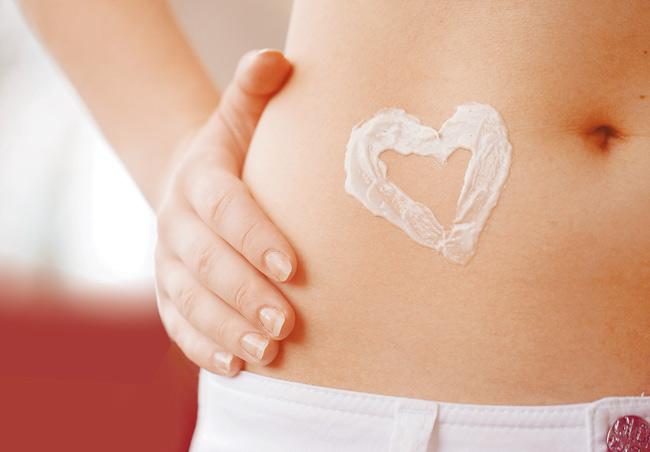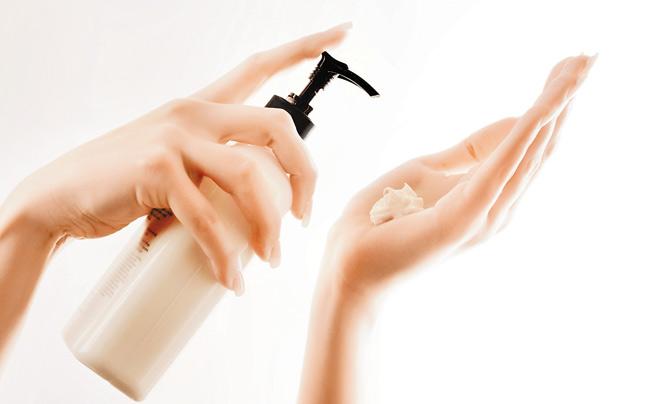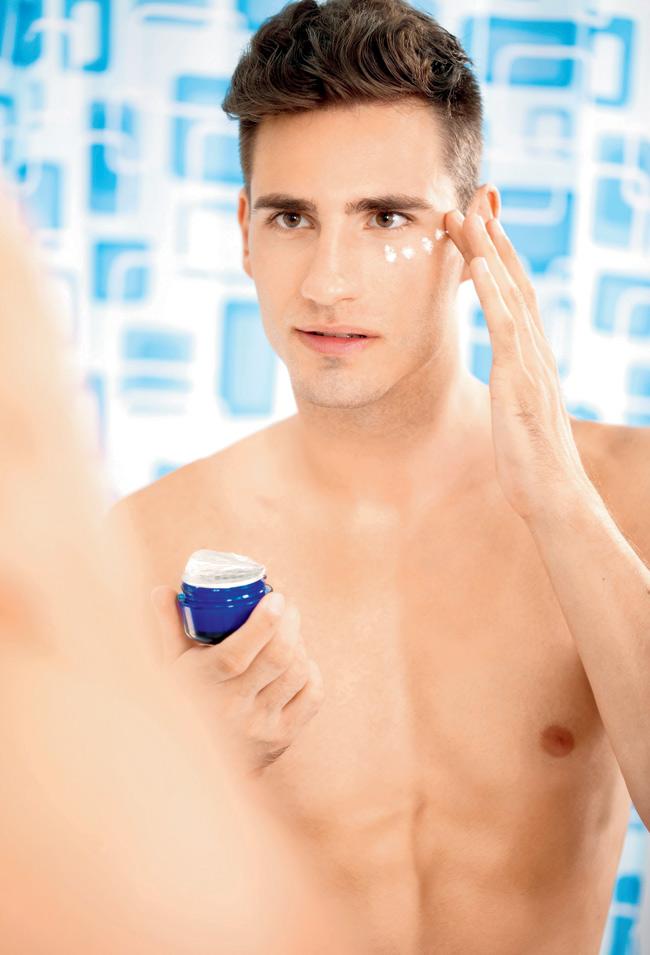A recent survey reveals that Indian women don't take moisturising their skin seriously. Here's why you need to, and figure how it does wonders for your skin

Skin care

ADVERTISEMENT
[1] What leads to dry skin?
Inadequate hydration and moisture in the upper layers of your skin leads to dry skin. External factors such as changes in humidity levels (which are lower during winters) also lead to dry skin. “Our skin naturally produces oils but external factors such as environmental changes also result in dry skin. Dry skin also makes your face look sick, you develop dry dark patches, some people develop white patches too, and certain sections of your hands or legs feel grainy,” says Dr Madhuri Agarwal, consultant dermatologist.

[2] Internal factors
Long term medication for illnesses such as diabetes or blood pressure also leads to dry skin. Diet plays an important role too. Erratic eating and sleep schedules, excessive intake of processed food, all end up showing on your skin.
[3] Ill-effects of dry skin
Dry skin is not just bad to look at but also makes the skin prone to infections. And not just this, dry skin can also lead to a host of other skin problems. Dry skin is less flexible; besides, it tends to age faster when dry. This leads to formation of wrinkles.

[4] How to moisturise?
The best time to moisturise your skin is after having a bath. “Your skin is clean and its absorbs the moisturiser better. Use sunscreen post application of moisturiser or just use a sunscreen with a good moisturising effect to save time,” says Agarwal. Agarwal recommends application atleast twice in a day. At night, one can use a creamier version, as you are less prone to attracting dust. During the day, re-apply a light moisturiser to the exposed skin areas. A good moisturiser easily gets absorbed into the skin. “People in a city like Mumbai use moisturiser only during winters. One should use a moisturiser throughout the year, so by the time it’s winter, the moisturiser will not be needed to treat the skin’s dryness but will be needed to nourish it,” suggests Agarwal.

[5] It’s a man thing too!
It is not just women who need to moisturise their skin. Men tend to have tougher skin, hence, need some more cream or lotion. Not many men get into the necessary cycle of reapplying moisturiser. Hence, Agarwal advises to opt for a stronger moisturiser that lasts longer. A post-shave moisturisation routine is necessary.

[6] Strict no-nos
Don’t take long hot water baths in cold weather, as it will make your skin drier, this goes for saunas and steam rooms too. Loofahs are made of nylon, hence can irritate dry skin too. In winter, wear a layer of cotton clothes beneath your sweater, as it would avoid skin irritation.

[7] Age matters
“As you grow older the activity of your sebaceous glands reduces. Hence, elasticity of your skin reduces too. This leads to wrinkles. Dryness of skin increases with age. However, just like the quality of skin, this varies from person to person. There is no age group to pin point at this too. Some people are okay even till their late 40s,” reassures Dr Reshma Ahuja, consultant dermatologist and cosmetologist. Ahuja suggests that as you grow older, avoid using medicated soaps, instead, use cream-based soaps or glycerine based soaps. If you are using an anti-ageing cream, or an anti-acne cream, your skin is prone to drying up. Again, this calls for the use of moisturisers.
Diet plan
The following nutrients are necessary for a healthy skin

>> Fresh fruits and green leafy vegetables
>> Nuts like walnuts, almonds, pistachios, flax seeds
>> Vitamin A found in yellow orange fruits and vegetables play an important role in maintaining healthy skin.
>> Vitamin B is essential for healthy skin and is found in fresh poultry, whole grains, pulses and seeds.
>> Vitamin C helps to heal burns and is essential for the formation of collagen, the protein that gives skin its elasticity.
>> Zinc found in nuts and wheat germ also helps to heal burns. Vitamin E from various nuts, wheat germ and avocados are antioxidants that help in protection against free radical damage.
>> Of the many functions water has in the body, water is essential for the regulation of body temperature and lubrication in the body. As the skin needs enough moisture, water is an equally important source. Even the slightest sign of dehydration will start showing its signs on your skin.
>> Avoid smoking and excessive alcohol consumption.
—Information courtesy Eileen Canday, dietician

Home remedies
>> Spritz your face with little water or use natural toners such as rose water for better absorption before moisturising.
>> Apply a mix of coconut oil and few drops of lavender oil on your body before having a bath. Gently wipe your body post your bath.
>> For normal to dry skin, soak two almonds in a tablespoon of milk overnight. Crush them together and apply on face, wash after 15 minutes. For extremely dry skin use milk cream instead of milk in this mixture.
>> For regular skin, mix one tablespoon papaya with one teaspoon milk powder and add a squeeze of lime.
>> One can also mix five drops of castor oil, with a few drops of orange blossom oil (neroli) or jasmine oil and massage on face for dry skin. Wipe off with a damp cloth.
 Subscribe today by clicking the link and stay updated with the latest news!" Click here!
Subscribe today by clicking the link and stay updated with the latest news!" Click here!






